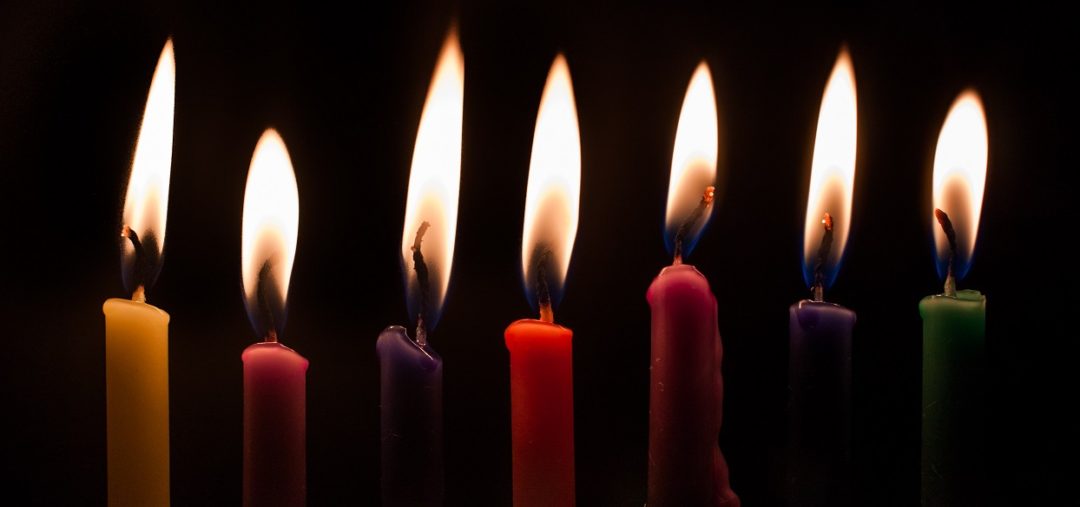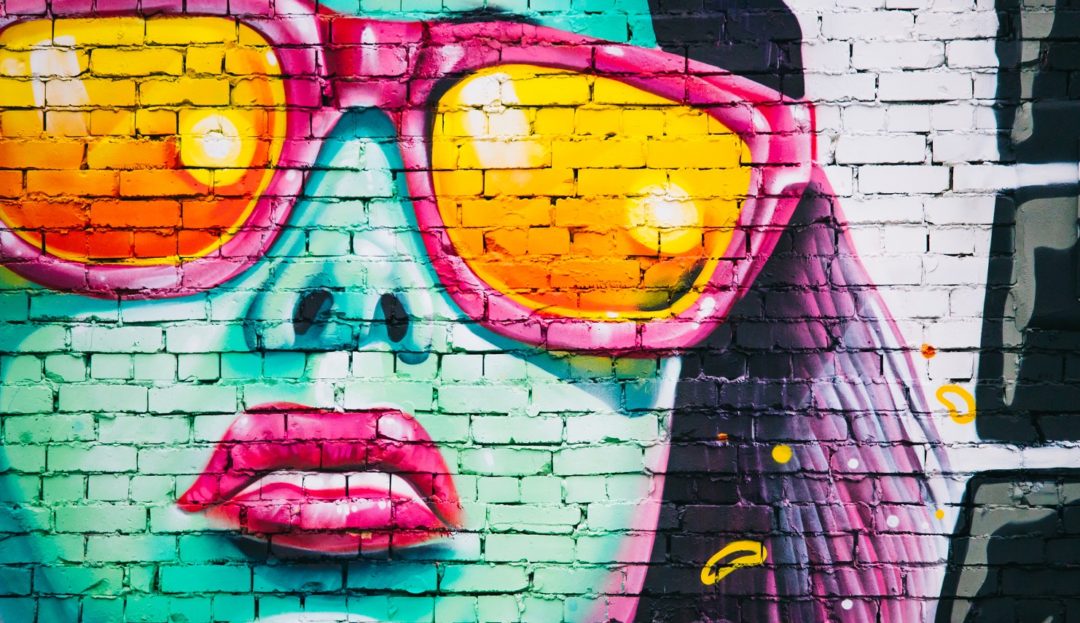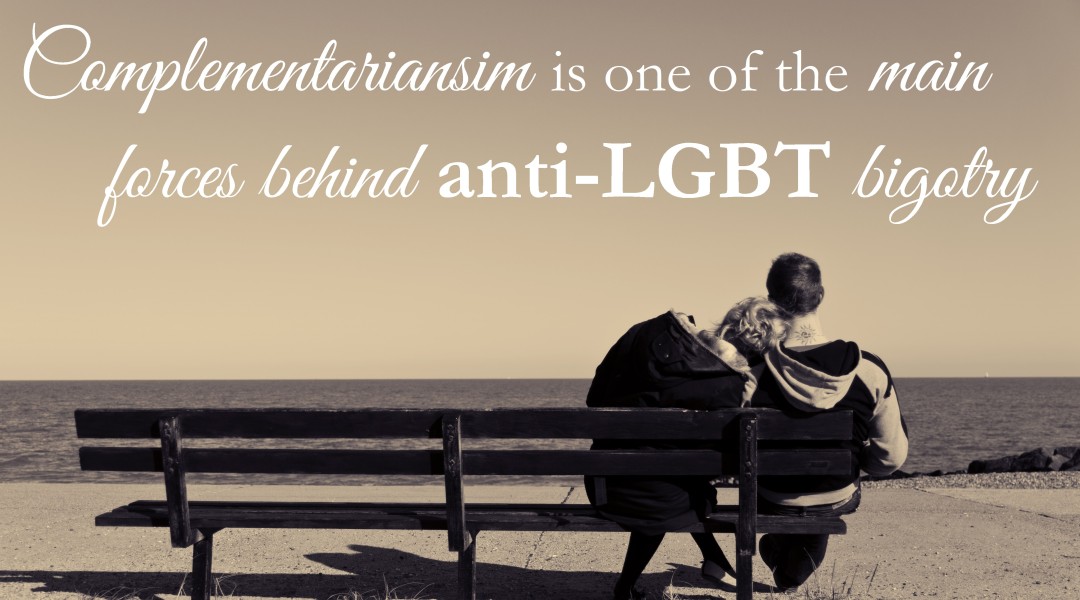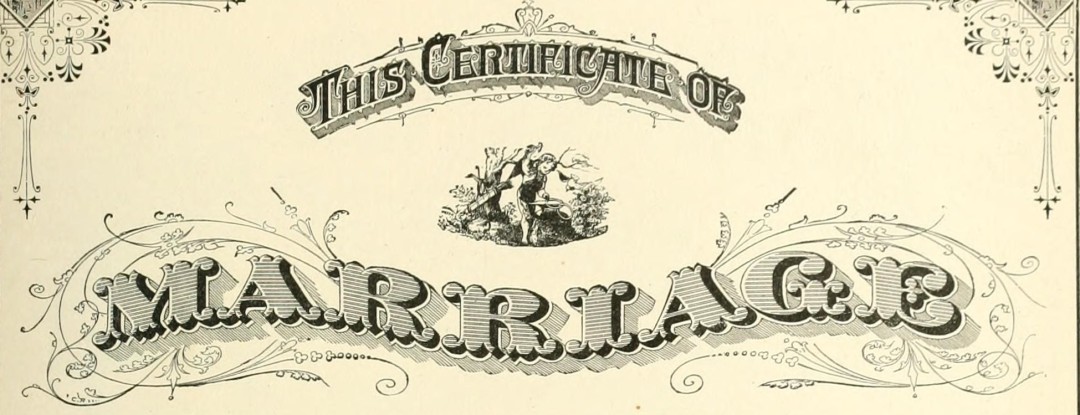I spent last night deliberately avoiding the election results because I knew I wouldn’t be able to handle it. Instead I spent the evening watching Suffragette and season six of The Good Wife. Both Handsome and I had a terrible sense of foreboding watching the story of women fighting and dying for the right to vote. I had high hopes that watching Suffragette would be prophetic, a good omen on the eve of electing our first woman President, that my hope could stave off the fear and dread I felt.
My hopes and dreams did not come true last night. I woke to a dark and terrible world, one filled with uncertainty. There’s no way to tell what the next four years could bring, and I am afraid.
I am afraid for myself. The county I live in is deeply conservative, racist, segregated, misogynistic, and homophobic. It’s almost as bad the town I grew up in– and that town elected the local Ku Klux Klan’s Grand Giant as mayor until the 90s. I’m afraid that I could be attacked for who I am. I’m afraid that the people who hate me will be emboldened, that someone will attempt the unthinkable if I and my queer friends go to an LGBT bar this weekend.
I am concerned about my future health. Right now the main treatment for my endometriosis and polycystic ovary syndrome is covered by my insurance, but that’s only true because of the Affordable Care Act, which seems likely to disappear next year. What happens then? I don’t know, and I’m afraid.
But mostly I’m not afraid for myself. If Trump keeps his promises– and there’s no way to tell if he will– I’m afraid for the thousands upon thousands of people whose lives could be destroyed because of his policies and the actions of his followers. I have latinx friends– will their families be ripped apart in a mass deportation? I have Syrian friends who still have family there– will they ever see them again? Native Americans are already facing militaristically-equipped police in Standing Rock– are we going to see another Wounded Knee in the coming months? All my disabled friends who depend on the ACA– are they going to die because they can’t afford to pay for their healthcare? Will we actually withdraw from NATO and send the world into chaos? Will our President continue to use an antagonistic nation’s cyberattacks on his political opponents? How many women will die if Roe v. Wade is overturned? Will all the women with my common medical condition end up in prison because we miscarried and even “spontaneous abortions” (the medical term for miscarriage) become suspect? Is the freedom of the press, the freedom to peaceably assemble, under threat of evaporating?
Outside of policy– foreign and domestic– I’m afraid burning crosses are going to become commonplace again. I’m afraid that the constant barrage of assault and harassment women already face on a daily basis will worsen. I’m afraid that attacks on my LGBT family are going to rise. I’m desperately afraid for my Muslim friends and for their families. I’m afraid for my latinx friends and how the suspicion and mistrust they already encounter could escalate into something far more terrifying.
I’m afraid, and I’m hurting.
***
But.
But.
We have faced all these things before, and we fought.
We have been tortured, and we spat in their faces.
We have been murdered, and we used our grief to drive our fury.
We have been denied the right to vote, and we endured beatings to get it.
We have died of ravaging diseases while a bigoted nation ignored us, and we searched until we were well again.
We’ve been here before. None of this is new to any of us. People of color are brutalized and slaughtered every day, while a black President watched and was helpless to stop it. The Supreme Court said I could marry whoever I wanted, but that didn’t affect the one-hundred-plus rights LGBT people still don’t have that straight people do. Roe v. Wade is still law, but that hasn’t stopped TRAP laws from encroaching on my autonomy or “religious freedom” letting women suffer or die in Catholic hospitals.
We had a long road ahead of us already. It just got longer and rougher.
Today and tomorrow we grieve. We let ourselves experience the full breadth of the horror we’re facing. An excruciating light is burning in our eyes and souls, illuminating the putrescence buried in the core of our nation and our people. The pain can take our breath away today; we have to deal with the reality of the gauntlet that hatred threw down at our feet last night. Today we hold ourselves and each other. We’ll find each other in the aftermath, we’ll search the battlefield for survivors. When we can’t walk anymore, we’ll find someone to carry us home.
And then we’ll fight, like we always have and always will.










